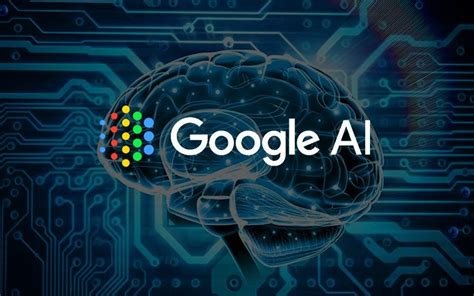In an era where artificial intelligence (AI) is becoming a cornerstone of technological progress, Google’s foray into AI-generated search results is particularly noteworthy. However, as laudable as these attempts are, recent developments have cast a shadow on the efficacy and reliability of machine-generated content. The peculiar instance of Google’s AI citing satirical sources like The Onion brings up critical questions about the reliability and accuracy of AI-driven content delivery systems. This development has not only baffled users but also exposed the limitations and potential pitfalls of AI in delivering quality information.
One issue that stands out prominently is the ability of AI to discern legitimate information from satire or falsehoods. Users have found themselves scratching their heads as the software confidently quotes humorous or completely misleading sources. Commentators on platforms like Hacker News have noted how AI can inadvertently lead to the dissemination of misinformation. For instance, the anteater expert example, presented in a comedic YouTube video, found its way into the search results displayed by Google’s AI. This incident underscores a deeper problem: the model’s inability to effectively filter and validate content.
Moreover, the unreliability of AI-generated answers extends beyond just misidentifications. Some users have reported a significant variance in the responses provided, with identical queries yielding completely different results at different times. This inconsistency can be detrimental, especially when users rely on these responses for accurate information. It’s one thing when the AI humorously misidentifies The Onion as a credible source, but another when it gives conflicting answers on more serious queries, such as historical facts or scientific data. This breeds skepticism and distrust among users, who end up having to fact-check AI responses more rigorously than traditional search results.
Another pressing concern is the geopolitical and ethical implications of AI-generated content. Geographically, not all users have equal access to these AI features, and regulatory frameworks like those in the European Union can delay or modify the rollout of such technologies. This difference in accessibility can create an information divide, raising questions about the equity and fairness of digital transformations led by major corporations. Additionally, the algorithm’s responses can display inherent biases, shaped by the vast and varied datasets on which they are trained. Such biases can amplify existing societal prejudices, making it crucial for developers to incorporate stringent ethical guidelines and quality control mechanisms.
Finally, the commercial implications of these AI advancements are enormous. As Google’s AI endeavors to provide more ‘human-like’ answers, traditional web traffic patterns could see significant disruptions. Websites that previously thrived on SEO (Search Engine Optimization) tactics might find their traffic dwindling as users get quick, albeit sometimes inaccurate, answers directly on the search page. The discussion thread on Hacker News illuminates how businesses might struggle to adapt to this shift unless they are integrated into the AI’s ecosystem itself, potentially paying for better placement or visibility in AI-generated summaries.
In conclusion, while the integration of AI in search engines like Google represents a seminal moment in tech innovation, it comes with its own set of challenges and responsibilities. Ensuring accuracy, maintaining consistency, addressing ethical concerns, and managing the commercial impact are crucial to leveraging AI’s full potential. As users, developers, and regulators navigate this complex landscape, the goal must be to create an AI ecosystem that enhances the user experience while upholding the highest standards of information quality and reliability.


Leave a Reply